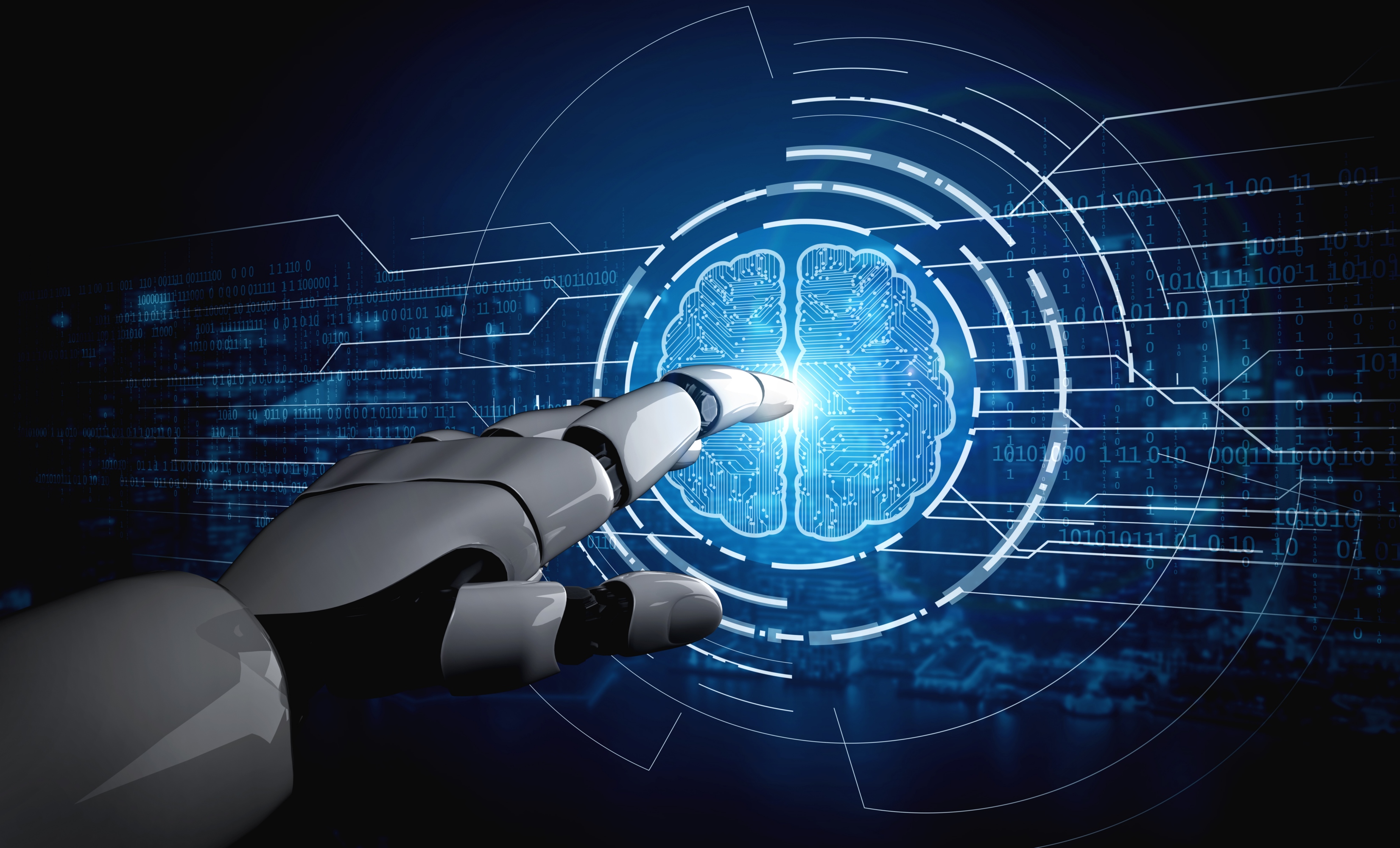 Contact Now
Contact Now
 Contact Now
Contact Now
Menu
ERP Systems: A Journey Through Time and Technology
06.11.23 | CSI Technologies
Effective resource and process management is crucial for success in the fast-paced commercial world. Enterprise Resource Planning (ERP) system evolution has been one of the most important breakthroughs in this field. ERP systems have completely changed from their simple origins in the 1960s to the complex, intelligent solutions they are today. Let's examine the major turning points in the evolution of ERP systems by traveling through the decades.
The history of ERP systems starts in the 1960s with IBM and J.I. Case, a well-known producer of tractors and construction equipment. They collaborated to create the program known as Material Requirements Planning (MRP). MRP was a ground-breaking invention created to automate the ordering of components and raw materials, giving firms more control over their inventory levels.
In the 1970s, MRP changed into Manufacturing Resource Planning (MRP II) due to the increasing complexity of corporate needs. Along with inventory management, additional crucial manufacturing procedures, including capacity planning, scheduling, and production planning, were included in this upgraded edition. MRP II laid the groundwork for the extensive ERP systems that exist today.

The ERP journey reached a major turning point in the 1980s. With the emergence of true ERP systems, MRP II was integrated with a number of business processes, including accounting, finance, human resources, and customer relationship management (CRM). Even though these early ERP systems were strong, they were usually mainframe-based and expensive, so only major businesses could afford them.
ERP systems experienced a significant change in the 1990s as they moved from a mainframe to a client-server architecture. This change allowed a wider spectrum of enterprises to afford and use ERP solutions. Consequently, the use of ERP systems increased dramatically, enabling businesses of all kinds to optimize their processes and boost productivity.
The ERP landscape saw yet another upheaval at the start of the 21st century. The introduction of cloud-based ERP systems provided scalable and affordable company solutions. This move to the cloud highlighted the value of business agility while also lowering implementation expenses. Now, businesses could quickly modify their ERP systems to satisfy shifting consumer needs, providing them with a competitive advantage in the ever-changing business landscape.
ERP systems have adopted machine learning (ML) and artificial intelligence (AI) in recent years. ERP systems have become increasingly automated and intelligent with the integration of AI and ML technologies. These developments boost productivity and profitability by empowering companies to make data-driven decisions, automate repetitive processes, and extract deeper insights from their data.

The way ERP systems have changed throughout the years is indicative of the corporate community's ongoing quest for efficiency and innovation. These systems, which have advanced greatly from the early days of MRP to the sophisticated, AI-powered ERP solutions of today, have revolutionized the way organizations operate and thrive in a constantly changing environment. It is interesting to see what new developments ERP systems may bring about in the future as they continue to influence how businesses allocate their resources and accomplish their objectives.
Follow us on Linkedin, don’t miss anything about CSI Technologies!
Keywords: #CSITechnologies #ERP #Cloud #Development #Effective #Technology #Software #InformationTechnology #Consulting

Now Trending

Generative AI: Transforming Creativity, Customer Service, and Automation

Best Practices and Common Mistakes in Software Development

Why Cloud Migration is Essential for Modern Businesses

Custom Software Development: The Backbone of Growing Businesses
Let's Grow Together
Our mission is fully integrate CSI high-tech solutions into business areas and to reduce business disruptions to zero.
Contact Now